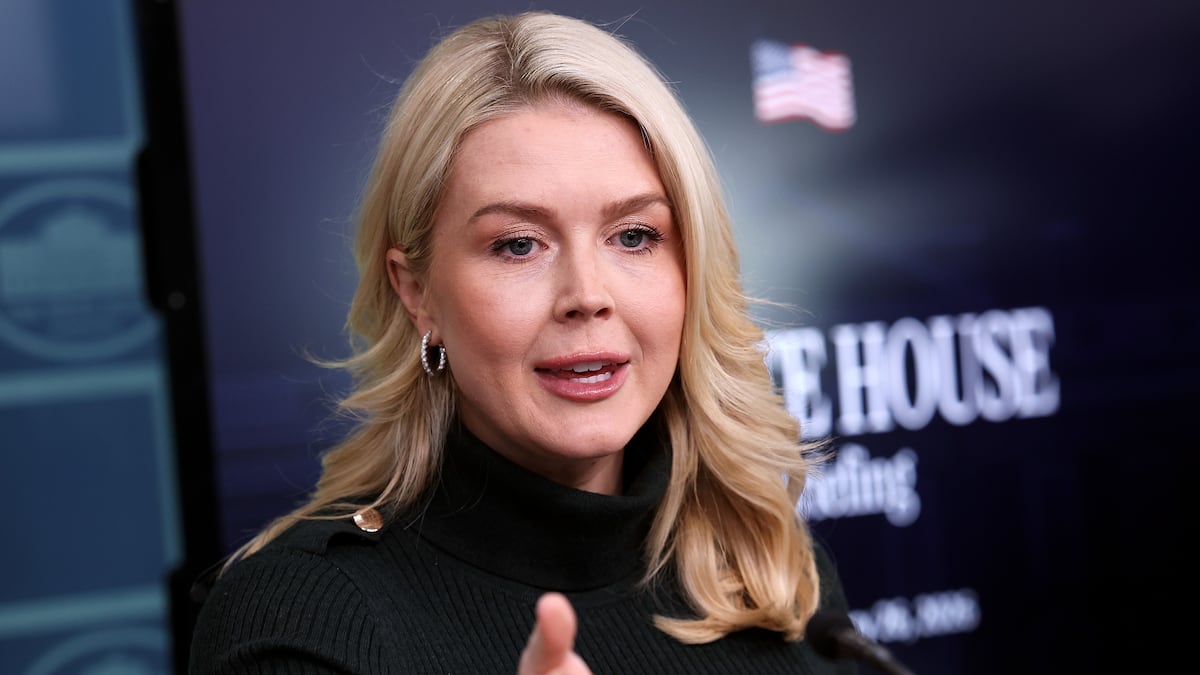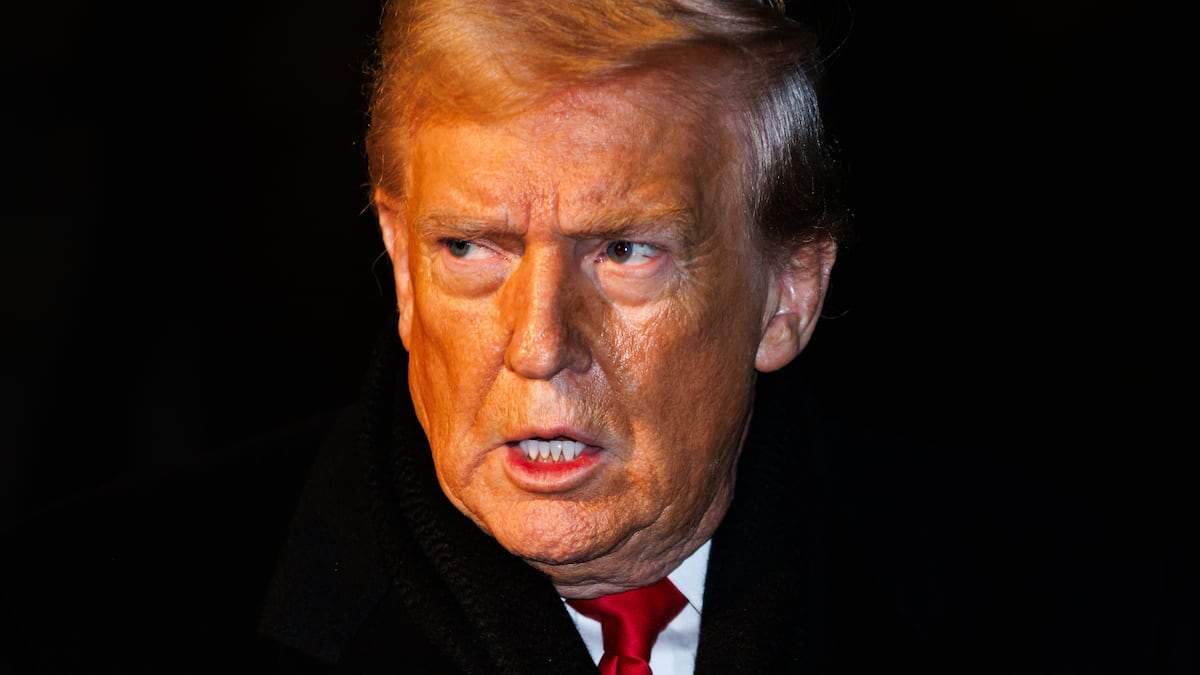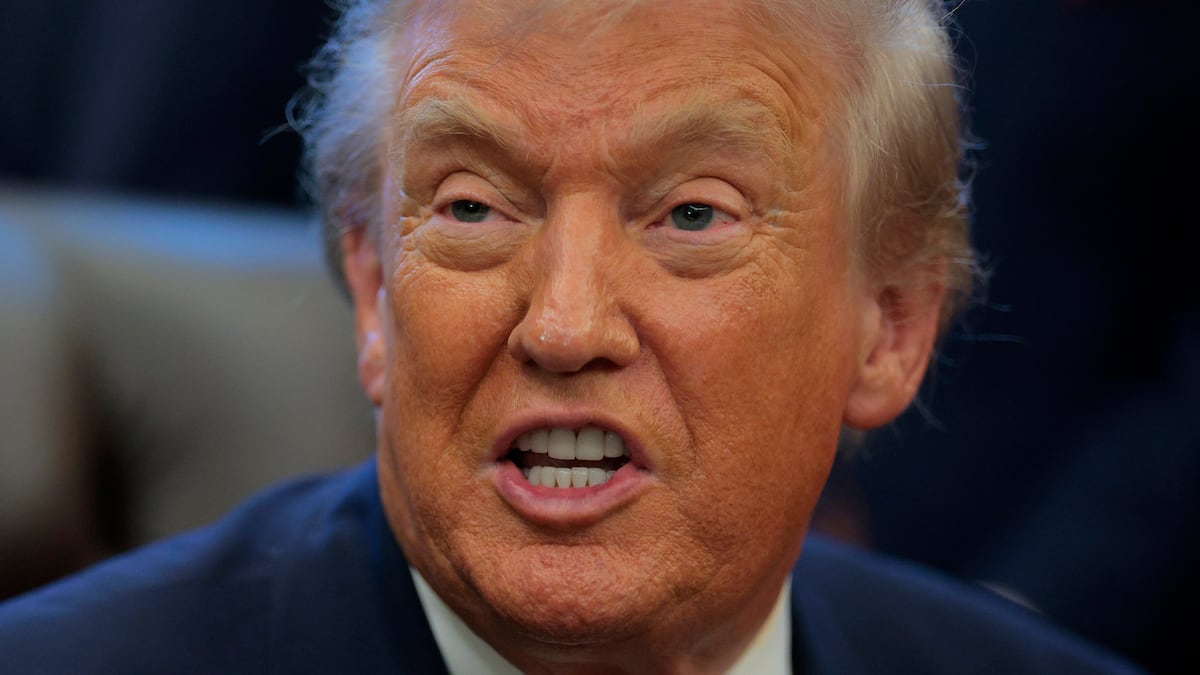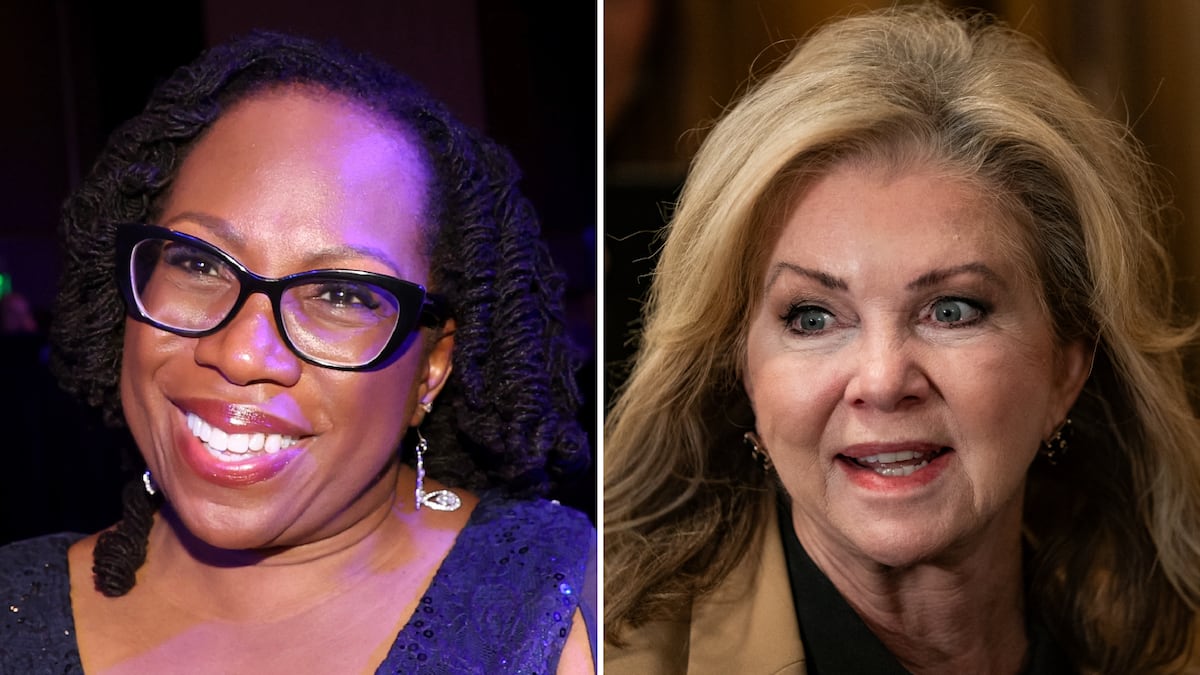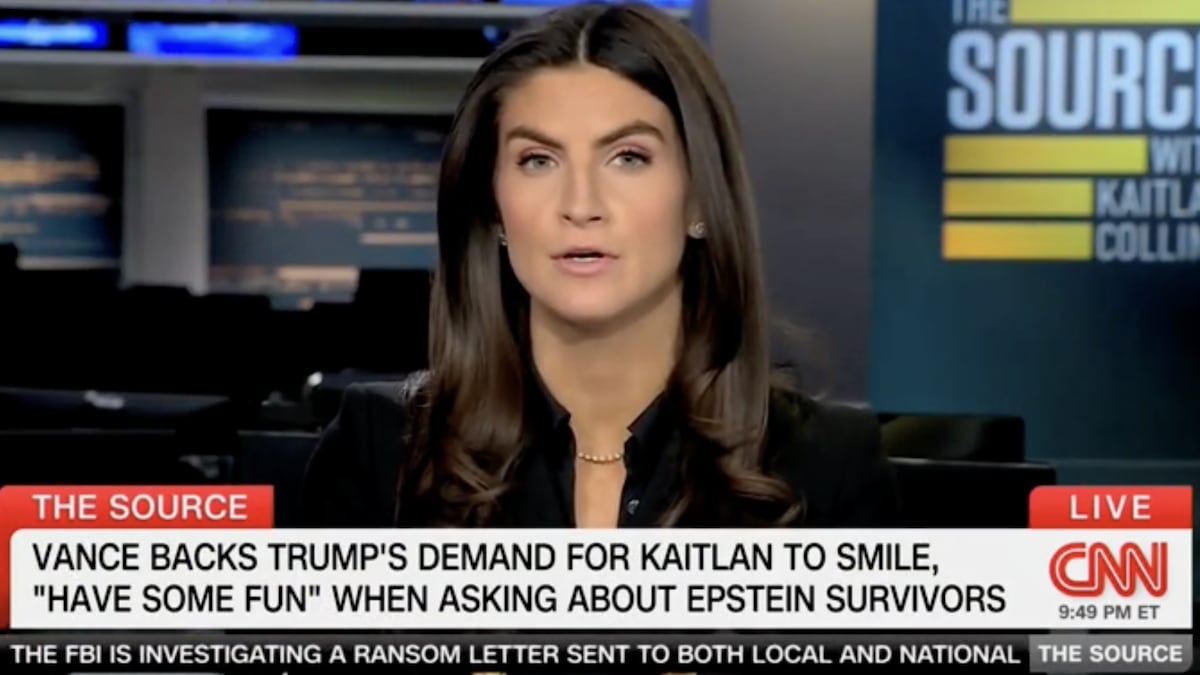
Where did you grow up?
I grew up first in Santo Domingo, in the Dominican Republic, until I was 6 years old. Then from 6 to 18 in Parlin, New Jersey.
Where do you live and why?
I live half the time in Harlem, New York, and half in Cambridge, Massachusetts. I live in New York because it’s become my home and in Massachusetts because I have a job at MIT. In both places I have a strong Dominican community, and that’s important to me—it keeps me more or less whole.
What is your favorite course to teach and why?
So far probably the best would be a class in apocalyptic literature. I did a lot of work for that class, but what made the difference was that I got an incredible group of enthusiastic students. When it comes down to it, no matter how well curated a class is, it’s only as good as your students’ enthusiasm.
What are some of the books that you have them read in that class?
I had them read Art Spiegelman’s Maus, and Octavia Butler’s Dawn. I tried to get them to read The Turner Diaries, but they straight-out rebelled.
You edit fiction for The Boston Review. What do you look for in a great short story? And what would make you want to immediately slip a story into the paper shredder?
Ha! Well, nothing calls for the paper shredder like a story that the writer clearly hasn’t sat on. A story that hasn’t been rewritten, or rewritten enough. So many writers that I encounter send their work in so soon. It shows, it really does. In the end all of us are subjective when it comes to what we’re reading for. As an editor you try to expand that, become a little bit wider, because you’re publishing for a readership larger than yourself. In the end what I’m looking for, which I think is what everyone looks for, is something that sings. More technically, something that is aesthetically beautiful and that challenges people’s sense of the form, and of the world that they live in. We all want to be arrested, to walk away turning over a good piece of fiction in our head. That’s my guide.
I recently did a project for the New Haven Review: I read a different short story each day for a month and wrote a response to each, 30 stories in 30 days. I mostly read the established classics of short fiction, but I’m always on the lookout for more unusual stories to check out. Would you recommend a few to me?
Well, I think you should definitely check out Octavia Butler’s “Blood Child.” That’s an absolute necessity. I would do Sandra Cisneros’s “One Holy Night” and Edward P. Jones’s “The Store.” Right off the bat those are the ones I’d recommend.
Describe your morning routine.
Sure. I’m an early waker, not as early as some. I get up at 7. I try to only do a little bit of emailing, scan the most important things, see if anything is urgent. Then try to work for a few hours, until lunch, and call it a day. It’s only when things are really moving that I work more than that.
Do you have a daily word count that you aim for, or anything like that?
I probably should have a word count, but I do not.
Describe your writing routine, including any unusual rituals associated with the writing process, if you have them. Do you have to wear a magic hat?
Ha! No. I will listen to movie soundtracks. That’s the only thing that stands apart. I can’t listen to any music that has words in it, so soundtracks are good for this. I wrote my first book listening to the soundtrack to the movie Conan the Barbarian on a loop. That’s how I ride.
Is there anything distinctive or unusual about your work space?
Well, I don’t sit at a desk anymore. The unusual thing is probably that I’m either standing or lying on a bed.

Describe your routine when conceiving of a book and its plot, before the writing begins. Do you like to map out your fiction plots ahead of time, or just let it flow?
It seems that I have a different strategy for each book. All three required different approaches. I do a lot of groundwork beforehand, creating maps and patterns that I’ll use later on. It’s a mixture of both. I do some plotting, but of course stuff changes on the fly.
Did you begin The Brief Wondrous Life of Oscar Wao with the protagonist, Oscar Wao, or with a plot to which you would later attach a protagonist?
No, I had this idea … The secret plot of the entire book was that I set out to chart the political and sexual terror of the Trujillato and how this haunted a family across three generations. The character that most came through was this total nerd, the absolute opposite of what, in the Dominican Republic, would be considered a stereotypical man. This is a great person to begin with, because Oscar seems completely ahistorical, completely New Jersey, and yet I wanted to show that this dictatorship, looming and yet almost forgotten, made him possible. That’s more or less what I hoped to do.
You chose a great title for that book. At what point in your writing did the title come to you?
Actually the title came first! One day in Mexico City I was at a party. Something there said “Oscar Wao” but with a Chilango accent. He had said “Oscar Wilde” but it sounded like “Oscar Wao.” As soon as he said that, “the brief, wondrous life of Oscar Wao” jumped into my head.
I think that the world may be running out of awards that you have not won (for the full list, click here). How has winning awards like the Pulitzer affected your life and writing?
Other than the fact that I’m always startled? It certainly affects your career as an artist. You know how it is, you’re much more likely to be invited to festivals if you have a Pulitzer under your belt. I certainly wasn’t getting certain kinds of invitations before that happened. A big prize puts your book in the hands of readers who normally wouldn’t encounter it. So I would say that the Pulitzer had an enormous impact on my career. But as a person, as a writer? Not so much. In the end it’s still just me and the blank page, me sitting down trying to figure out how to write this damn thing, you know?
You write essays as well as short stories and novels. Does your approach differ depending on the medium? Does any one come easier to you than others?
I write essays as little as possible, and I find fiction to be difficult. I hope to God never to write another short story! I find short stories excruciating. In other words, if I’m going to be in a long, terrible, excruciating process, I’d rather get a novel out of it than a short story. I love the short-story form, love to read it, but for some reason I’ve lost the nerve one needs to write them.
Tell me about the Voices of Our Nation workshop. How did it come into being?
I was part of a group of faculty and activists who had been teaching in a Zora Neale Hurston/Richard Wright Foundation writing workshop in California. A workshop primarily for writers of African descent, but because it was California we had a lot of Latino writers and Asian-American writers jumping on too. For one reason or another the foundation canceled the workshop after two iterations, but those of us who had actually run the workshop saw what a powerful gathering that was, how rewarding it was for everyone involved. We thought, Why don’t we do this ourselves, but expand it to involve all writers of color? Let’s see what happens. That was 12 years ago. It’s kind of a passion project. Funding is always difficult, folks aren’t rushing in to fund workshops for writers of color, but it’s a wonderful experience too. You look at the statistics for writers of color, how few of them are reviewed in places like The New York Times, how few win the big awards and fellowships. We felt the powerful need to do something more to help our communities.
What is guaranteed to make you laugh?
I guess I could be deeply cynical about this. Listening to politicians.
What is guaranteed to make you cry? Maybe the same thing?
Exactly!
Do you have any superstitions?
Yeah, I actually do. When it comes down to it, I don’t mess with ... if someone says something’s haunted or cursed or has a supernatural element, I tend to give it a very wide berth. Which is at odds with my generally empirical brain.
Tell us a funny story related to a book tour or book event.
At a book event in the South back in 1997 I was sort of kidnapped by this group of young brothers, cool and well dressed, who all turned out to be male strippers. They said, Listen, we’re going to take you to all the underground spots. They spent the whole night regaling me with their insane stories about the biz. Probably one of the most surreal and nutty nights I’ve had on tour ever.
That sounds awesome.
I’ll tell you what. Male strippers know a lot of women!
I bet they do. But did they buy copies of your book and get you to sign them?
Oh, hell no.
What advice would you give to an aspiring author?
The whole culture is telling you to hurry, while the art tells you to take your time. Always listen to the art.
Tell us something about yourself that is largely unknown and perhaps surprising.
I grew up in a military family with a ridiculous amount of firearms in the house. All of us kids spent many a year, many a weekend, down at the rifle range.
So if there’s a zombie apocalypse, I should be hanging out with you.
Yeah but I’m so soft-hearted, I’d get devoured anyway.
What would you like carved onto your tombstone?
God. That’s sort of a strange thing.
About half of the authors that I interview know this question is coming and have eagerly prepared for it, and half think the question is a bit too creepy.
I don’t think it’s creepy. My answer would just be “Not Much.”
This interview has been edited and condensed.


